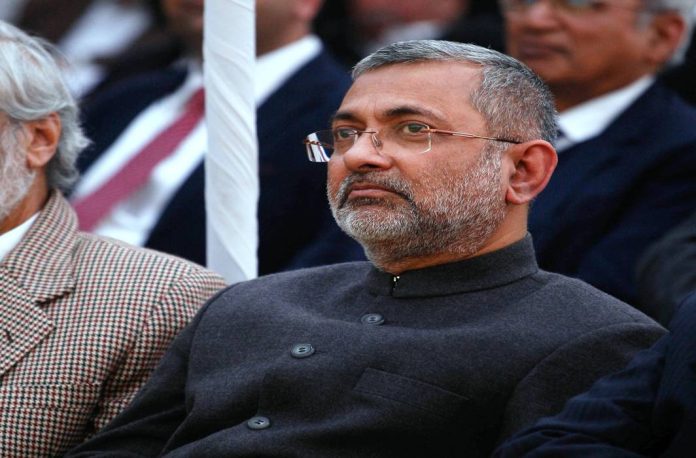Retired Supreme Court judge Justice Kurian Joseph on Saturday said that the Master of Roster business should be dealt with by at least first three Judges of the Apex Court, if not five.
Attending the seminar on ‘Supreme Court Judicial Administration & Management- Issues & Concerns’ at the Indian Society of International Law, New Delhi, Justice Joseph said that there shall be diversity, at least on regional and gender basis, especially during the constitution of Benches for matters of Constitutional importance.
He said there was a perception in the minds of the public that the Master of Roster business was not handled the way it should be.
Addreesing former judges of Supreme Court and High Courts, senior advocates and members of society at the seminar hosted by the Campaign for Judicial Accountability and Reforms (CJAR), Justice Joseph said that under Article 229 of the Constitution, Chief Justices of High Courts awee supreme. Yet, the High Courts functioned through Committees. For the Supreme Court, though there were some Committees, there was no effective system in place like in High Courts.
He said the obligation was to uphold the Constitution and laws, noting that a Judge’s conscience was the Constitutional conscience was not formed by his ideology or patrons who have helped him reach that position, but he was a conscience keeper of the Constitution, who had to make efforts to uphold the Constitution.
He mentioned the 2018 press conference, wherein four Supreme Court judges – Justice J Chelameswar, Justice Ranjan Gogoi, Justice Madan B Lokur and Justice Kurien Joseph came out in public to complain against the Master of Roster business. He said the four judges, including himself, had meetings for two weeks with the incoming Chief Justices and came up with a suggestion that the Master of Roster exercise should be aptly regulated to avoid perceived arbitrariness.
He also mentioned the decision given by the top court of the country on Senior Advocate Shanti Bhushan’s petition, which sought regulation of powers of the CJI in constituting benches and allocating cases.
In this case, the Supreme Court had asserted that CJI was the ‘Master of the Roster’ and refused to direct the listing of cases to be done by a collegium of first five senior judges
Justice Joseph said that he did not believe any CJI was arbitrary, but there may be perception. He said there was even perception of a remote control in the Supreme Court.
He said the Supreme Court has always been regarded, considered and conceived as the guardian of the Constitution. Therefore, the CJI shall take a call on listing of cases and recusal of judges sensitively, though the matter had nowadays become sensational, he added.
Organised by CJAR, the seminar was moderated by Alok Prasanna, co-founder of Vidhi Centre for Legal Policy.


